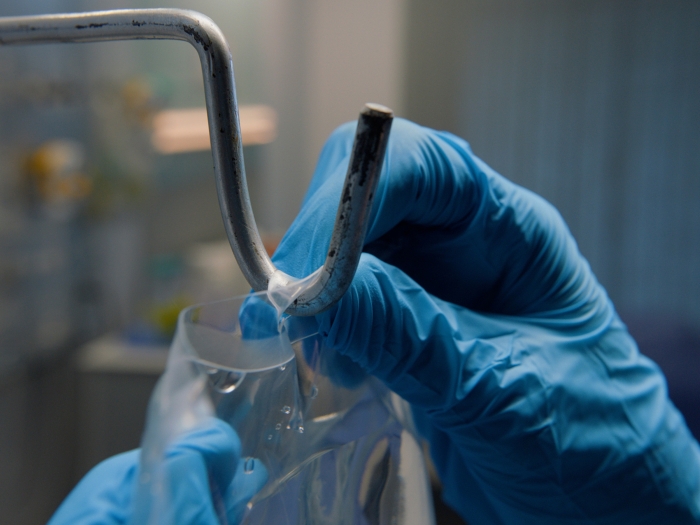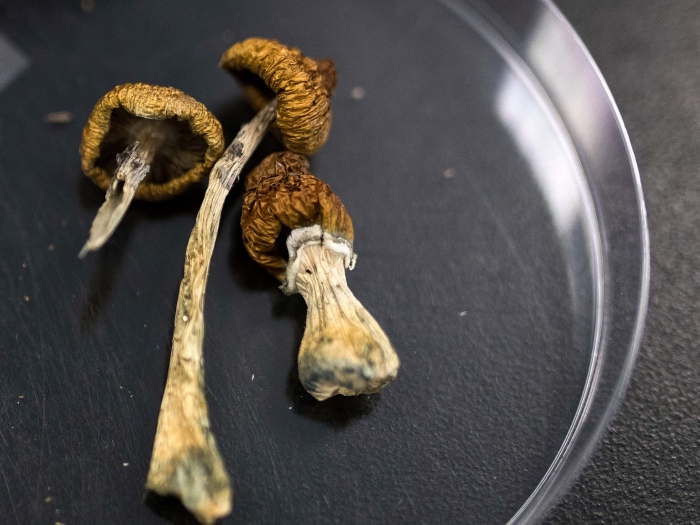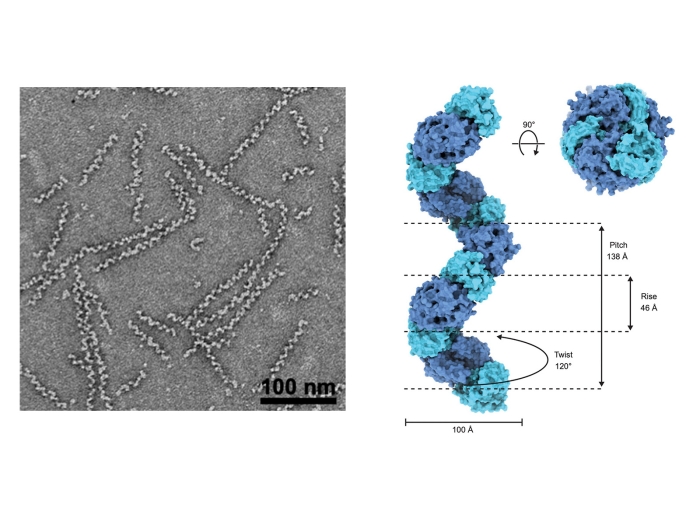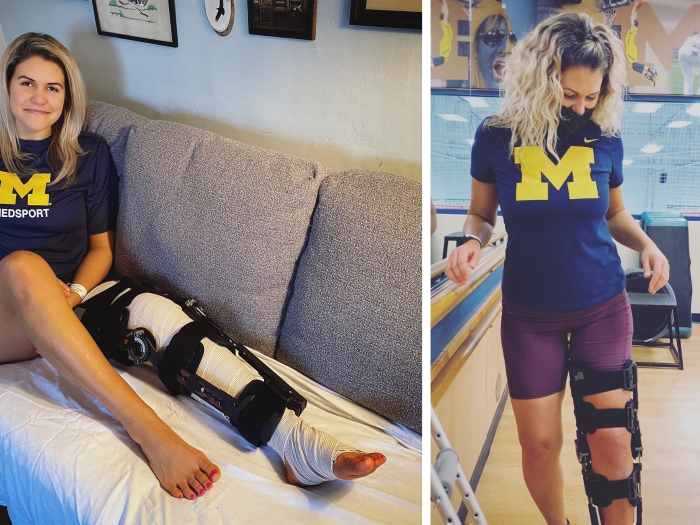The grant, awarded by the Agency for Healthcare Research and Quality (AHRQ) and the Patient Centered Outcomes Research Institute (PCORI), will establish the Michigan Embedded Learning Health System Scientist Training and Research (MEL-STaR) Center. The Center will prepare postdoctoral Scholars and students in the University’s graduate degree programs for successful careers as agents of improvement to address the most challenging problems facing healthcare today. The scholars will work on projects as embedded researchers within individual health systems, collaborative programs involving multiple health systems, and community organizations.
The MEL-STaR Center builds upon nine years of DLHS activity as a unique academic department dedicated to advancing the science of Learning Health Systems. According to Dr. Charles Friedman, founding chair of DLHS, “Learning Health Systems address individual and population health problems in a continuous process to learn from advanced data and analytics how problems can be effectively addressed, then implementing what is learned, and guiding further improvement through the experience of the implementation. Learning Health Systems use technology but are fundamentally about harnessing the ingenuity of all who participate in health care.”
MEL-STaR will be co-directed by Dr. Friedman and Vice Chair Gretchen Piatt. Dr. Piatt described the center as an opportunity to “develop and grow a workforce of LHS scientists with expertise in integrating research and practice to improve patient outcomes, healthcare quality, and system efficiency. At the completion of each Scholar’s training, they will be equipped with a comprehensive skill set needed to contribute to an ongoing transformation.”
The Center will consist of three interconnected cores. The Administrative Core will be the hub of the Center and include a team focused on patient engagement and health equity led by DLHS faculty member Cheryl Moyer and Greg Merritt who is the principal of PatientisPartner, Inc(link is external). Evaluation is also part of the Administrative Core and that team is led by DLHS faculty members Alexandra Vinson and John Donnelly.
MEL-STaR’s two operating cores are the Research Education Core, co-led by Dr. Piatt and DLHS professor Rachel Richesson, and the Research and Data Analysis Core, co-led by DLHS professors Amy Kilbourne and Vinod Vydiswaran.
The Research Education Core will organize the training of the scholars which will include an “embedded” project supported by a team of mentors including a patient partner. The Core will place Scholars in one of many settings, with patient engagement and health equity being key themes of each scholar’s work.
The Research and Data Analysis Core will connect MEL-STaR Scholars to sources of expertise including informatics resources for artificial intelligence, information retrieval, and knowledge management; implementation science resources for patient centered outcomes and comparative effectiveness, implementation of health improvement programs, and patient and community engagement. The expertise of this core will also be available to interested persons across the wider university.
MEL-STaR, effective as of January 1, 2024, will be managed by Program Manager, Lisa Ferguson.




